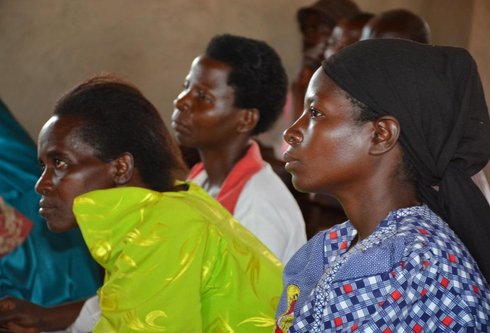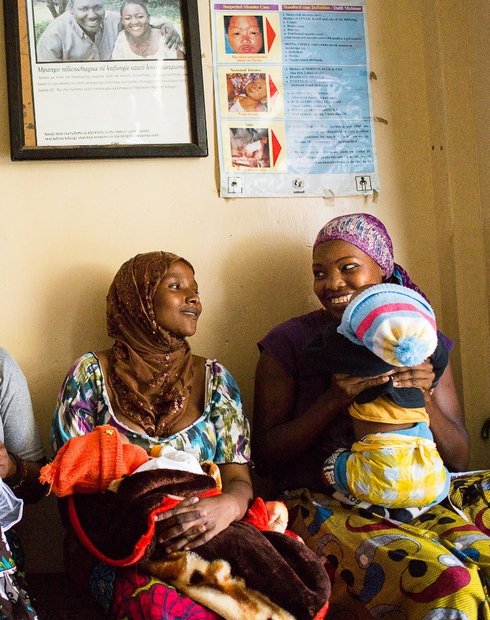The African Medicines Regulatory Harmonisation (AMRH) program, in collaboration with PATH, recently convened a policy advocacy workshop in The Gambia to empower Gambian health leaders to strengthen regulatory policies.
Bringing together representatives from the Medicines Control Agency (MCA), members of Parliament, senior officials from the Office of the President, and the Ministry of Health, the three-day workshop provided a dynamic platform for dialogue, strategic planning, and action, with a focus on ratifying the African Medicines Agency (AMA) Treaty and domesticating the African Union (AU) Model Law on Medical Products Regulation.
This workshop built on ongoing collaboration between PATH and AUDA-NEPAD to strengthen advocacy capacity across Africa. Through this partnership, regulators, policymakers, and civil society are equipped with practical tools to drive meaningful regulatory reforms.
The AMA Treaty and the AU Model Law are more than policy instruments; they are vehicles for harmonization, ensuring medical products across Africa meet the same standards of safety, efficacy, and quality. As participants explored the frameworks, discussions highlighted the urgency of reform and the opportunities to align national priorities with regional goals.

Participants at The Gambia AMRH Advocacy training. Photo: AUDA-NEPAD.
“The Gambia’s engagement shows strong political will and a clear vision for aligning with continental priorities such as the AU Model Law and AMA. At the AMRH program, we are very proud to support this journey.”— Anthony Kapeta, AU-3S Legal Officer, AUDA-NEPAD
From frameworks to action
Anchored on PATH’s 10-Part Framework for Advocacy Strategy Development, the workshop equipped participants with both technical knowledge and practical advocacy skills to strengthen medicines regulation in The Gambia.
It began by strengthening participants’ understanding of the AMRH framework, the AMA Treaty, and the AU Model Law, and how these continental commitments are being adopted and translated into country action across Africa. Discussions also highlighted The Gambia’s leadership in combating substandard and falsified medical products, a pressing challenge across Africa.
Through interactive sessions, participants identified immediate opportunities for policy influence and emphasized the power of political alignment in driving regulatory reform. Finally, the workshop culminated in the development of a clear advocacy action plan.
This plan outlines priority objectives and tactical approaches for engaging decision-makers and mobilizing resources. It reflects the MCA’s commitment to institutional strengthening and positions The Gambia as a front-runner in advancing medicines regulation across the region. Strengthening MCA’s capacity to advocate for its mandate will be critical in ensuring sustained political will, effective policy influence, and the resources needed to protect public health.
“Advocacy capacity is the missing link between regional frameworks and country-level reform. The Gambia is demonstrating how technical knowledge, advocacy skills, and political will can come together to drive regulatory reforms.”— Wanjiku Manguyu, PATH Regional Advocacy and Policy Advisor
A collective call
Beyond frameworks and action plans, the conversations in The Gambia underscored a broader truth: Strengthening regulation is not simply a technical or bureaucratic task. It is also a collective commitment to protecting public health.
Fragmented regulatory systems slow access to essential medicines, drive up costs, and expose populations to unsafe products. By harmonizing regulations, African countries can pool expertise, accelerate approvals, and create an enabling environment for local and regional pharmaceutical manufacturing.
Charting the path ahead
Regulatory harmonization is not only about faster approvals. It is also about ensuring that patients across The Gambia and the continent can access safe, effective, and affordable treatments without delay. It is about creating an environment where local innovation can thrive and where Africa is less dependent on external supply chains.


